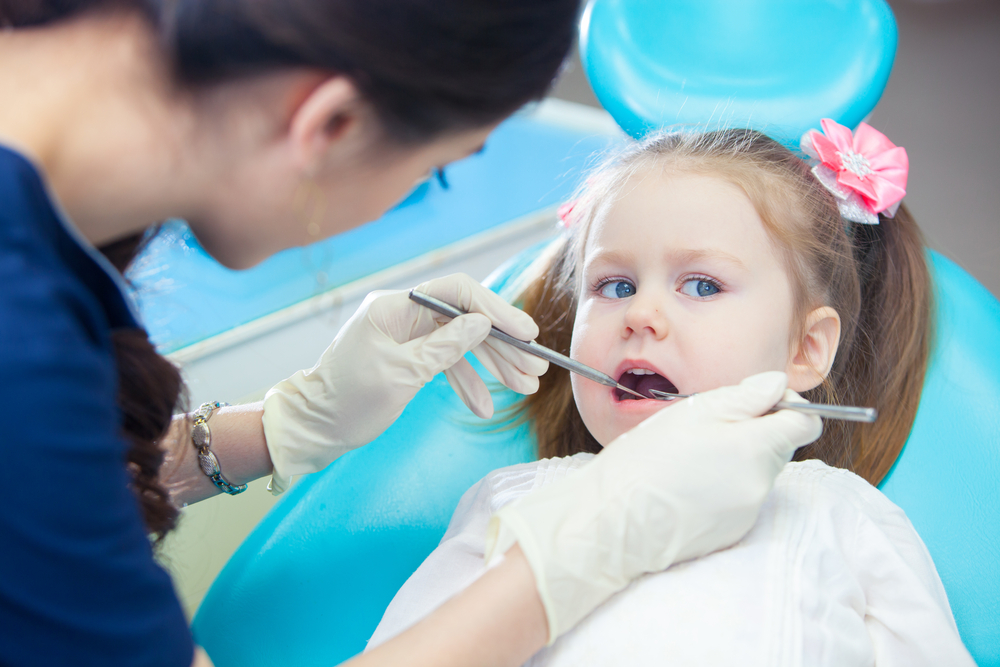You may brush your teeth twice a day, floss to ensure you reach every nook and cranny in your mouth and use an oral rinse to top it all off. However, you continue to get cavities. Perhaps you’ve noticed friends or family members whose oral hygiene routines aren’t as strict as yours but who don’t get cavities as frequently as you do. Why is this?
Some people are more prone to cavities for a variety of reasons, including:
Not all cavities are related to poor oral hygiene. Continue reading to find out what they are
1. Diet
- Eating too many sugary snacks and beverages is a major issue for your oral health and should be the first place you look to cut back for the sake of your teeth.
- Sugars accumulate around and between teeth, as well as along the gum line unless they are immediately removed with a toothbrush and fluoridated toothpaste. These sugars feed destructive bacteria, which multiply and erode the tooth enamel, the protective layer of teeth that protects against decay and cavities.
2. Bacteria
- When it comes to sugars in the mouth, some oral bacteria, or microbes, are more aggressive than others. This means that bacteria that form naturally in some people’s mouths can be more harmful than bacteria that form in other people’s mouths.
- This destructive bacteria is responsible for breaking down the protective barriers of the teeth, causing decay.
- Combine your regular brushing and flossing routine with an oral rinse that fights cavities by enhancing the tooth’s natural protection to combat aggressive oral bacteria.
3. Dry mouth
- If you frequently experience a feeling of dryness in your mouth, this could have an impact on your oral health.
- Saliva is necessary for cavity prevention because it naturally washes away harmful food particles, sugars, and bacteria in the mouth.
- A dry mouth can be caused by a variety of factors, including medication side effects, chemotherapy treatments, and illness.
- To combat dry mouth and prevent cavities, rinse daily with mouthwash and drink plenty of water throughout the day to compensate for the lack of natural moisture in your mouth. Consult your doctor if you need additional treatment for dry mouth symptoms.
4. Teeth shape
- Teeth with naturally deep grooves are more prone to cavities because they are more likely to trap food particles, sugars, and harmful bacteria.
- These grooves are more difficult to clean properly on a regular basis. The best way to combat and prevent cavities is to ensure that these troublesome tooth shapes are thoroughly cleaned twice daily and that no food particles are left behind after eating.
- Your dentist may advise you on sealants to prevent cavities.
5. Gum recession
- If the gums recede far enough, the tooth roots can be exposed beyond where the enamel is naturally present. This means that the tooth’s base is vulnerable, and any bacteria that naturally forms on the tooth could cause decay, resulting in cavities.
- Brushing lightly away from the gums with an ultra-soft toothbrush is essential to avoid further recession. Combine this technique with fluoridated toothpaste, an enamel-enhancing mouthwash, and advice from your dentist to ensure that gum recession is not the result of a larger health problem.
6. Genetics
- Some people are born more susceptible to the bacteria that create cavities.
7. Tooth Anatomy
- People who have crowded teeth have many nooks and crevices where plaque and cavity-causing germs can gather. It’s also more difficult to reach these places with a toothbrush and floss.
What Can You Do to Lower Your Risk of Cavities?
- See your dentist on a regular basis so that your dentist can evaluate which factors are impacting you and address those issues specifically.
- Brushing twice a day and flossing once a day are the foundations of excellent oral health, along with dental treatment.
- Sugar consumption should be reduced. Avoid grazing, eating, or drinking throughout the day, and limit anything sweet, such as coffee with sugar, soda, dried fruit, and juice.
- Use the correct products – Your dentist might recommend a high-fluoride toothpaste to prevent tooth decay.


